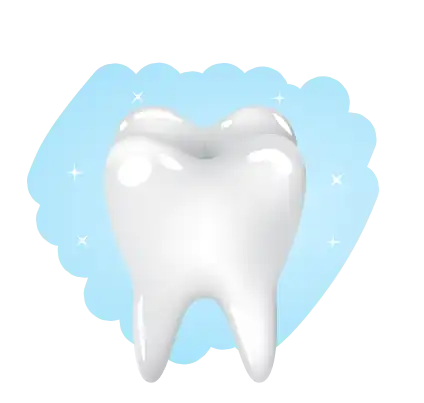
In This Article
Toggle
Founder and Chief Dental Specialist at Kansal Dental Care, Meerut
In This Article
Toggle
Fluoride is a naturally occurring mineral found in various foods and water. In dentistry, it’s used to strengthen teeth and reduce the risk of cavities.
Every day, your enamel—the protective outer layer of your teeth—gains and loses minerals. When acids from bacteria, plaque, and sugars attack your enamel, minerals are lost (demineralization). Conversely, minerals like fluoride, calcium, and phosphate are gained through food and water (remineralization).
Fluoride helps prevent tooth decay by:
Fluoride is available in various forms:
Fluoride is especially important for infants and children aged 6 months to 16 years. Developing teeth benefit significantly from fluoride. The American Dental Association (ADA) recommends avoiding excess fluoride in young children to prevent enamel fluorosis.
For children, it’s advised to:
Yes! Adults can also benefit from fluoride, particularly those who:
A fluoride treatment typically occurs during a routine dental exam. The dentist applies a fluoride gel, foam, or varnish to your teeth, and it usually takes less than five minutes.
Fluoride provides several key benefits:
Fluoride is safe and effective when used properly, but high doses can be hazardous. Parents should supervise their child’s fluoride use to avoid overconsumption.
The most common side effect of fluoride is fluorosis, which leads to discoloration of teeth. It’s crucial to monitor fluoride intake, especially in young children.
The frequency of fluoride treatments depends on individual oral health needs. Most people benefit from treatments every six months, but those prone to cavities may need them more often.
Fluoride is essential for maintaining oral health and preventing cavities. If you have concerns about fluoride or need professional fluoride treatments, contact us at Kansal Dental Care for personalized recommendations.
